Comparing US Iran strike to Hiroshima, Trump plays down intelligence report
US President Donald Trump compared the impact of American strikes on Iranian nuclear sites to the end of World War Two on Wednesday, arguing that the damage was severe even though available intelligence reports were inconclusive.
His comments followed media reports on Tuesday revealing that the US Defence Intelligence Agency had assessed that the strikes had set back Iran’s nuclear programme by just a few months, despite Trump and administration officials saying it had been obliterated.
“The intelligence was … very inconclusive,” Trump told reporters while meeting with Nato Secretary-General Mark Rutte ahead of a summit in The Hague.
“The intelligence says, ‘We don’t know, it could have been very severe.’ That’s what the intelligence says. So I guess that’s correct, but I think we can take the ‘we don’t know’. It was very severe. It was obliteration,” Trump added.
Success of Iran strikes crucial for Trump
Trump has an uneasy relationship with the US intelligence community, and the success of the strikes is politically critical to him.
His right-leaning supporters had argued loudly beforehand that such military intervention was inconsistent with Trump’s domestic-focused “Make America Great Again” agenda and his promise to avoid foreign entanglements.
Trump has countered by insisting that Iran must never be allowed to obtain a nuclear weapon – a line that an accurate, decisive attack would support.
Trump said the US strikes were responsible for ending the war between Israel and Iran and compared them to the United States’ use of atomic bombs on Hiroshima and Nagasaki in Japan, which brought an end to World War Two in 1945.
“I don’t want to use an example of Hiroshima, I don’t want to use an example of Nagasaki, but that was essentially the same thing. That ended that war. This ended the war,” Trump said.
Trump argued that Iran’s nuclear programme had been set back “basically decades, because I don’t think they’ll ever do it again” and he turned to top advisers to reinforce that message.
Broadly, he has argued that the strikes were much more successful than has so far been reported in the US media.
The White House on Wednesday shared what it said was a statement from the Israel Atomic Energy Commission – that country’s nuclear regulator – assessing that Iran’s nuclear programme had been set back by “many years.”
Al Jazeera quoted an Iranian official on Wednesday saying that the country’s nuclear installations had been “badly damaged.”
Hegseth and Rubio reinforce Trump’s message
Trump, who arrived in the Netherlands late on Tuesday for Nato’s annual summit, was sitting beside Secretary of State Marco Rubio and Secretary of Defense Pete Hegseth, who both also cast doubt on the reliability of the DIA assessment.\
“When you actually look at the report – by the way, it was a top secret report – it was preliminary, it was low-confidence,” Hegseth said. “This is a political motive here.”
He said the FBI was investigating a potential leak.
Rubio suggested that those responsible for sharing the report had mischaracterized it, saying: “This is the game they play.”
All three men criticized media reports about the intelligence assessments.





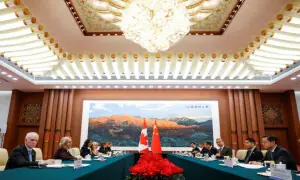
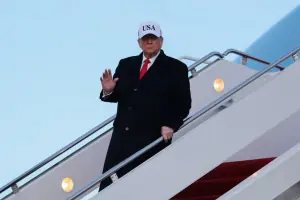
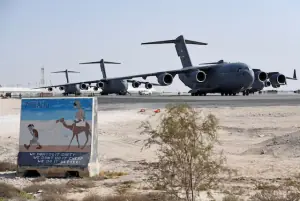
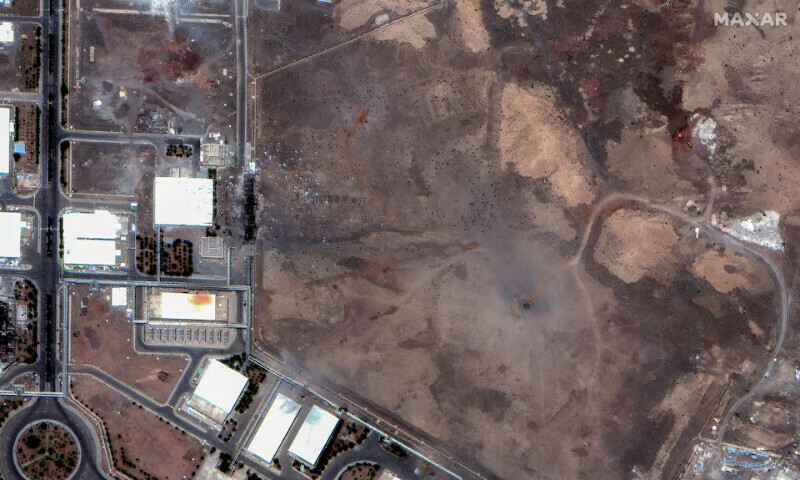
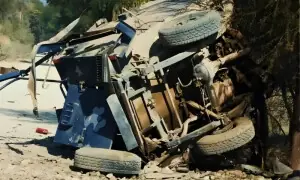
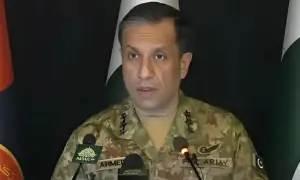
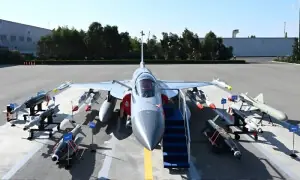
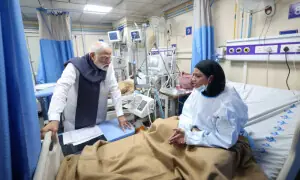
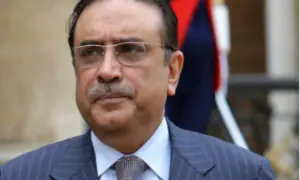

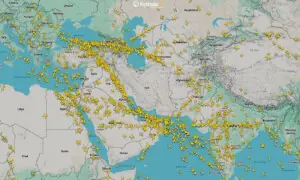
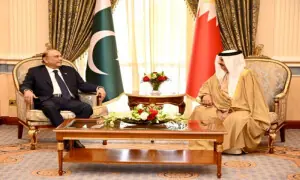

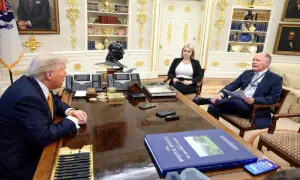
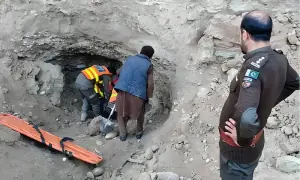
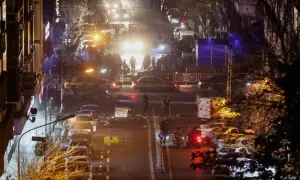
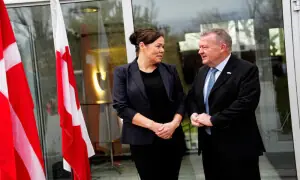
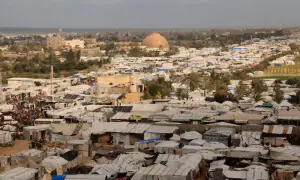
Comments are closed on this story.